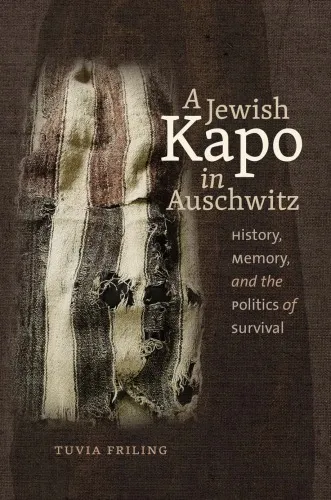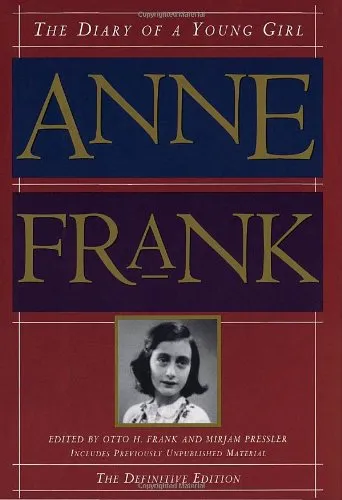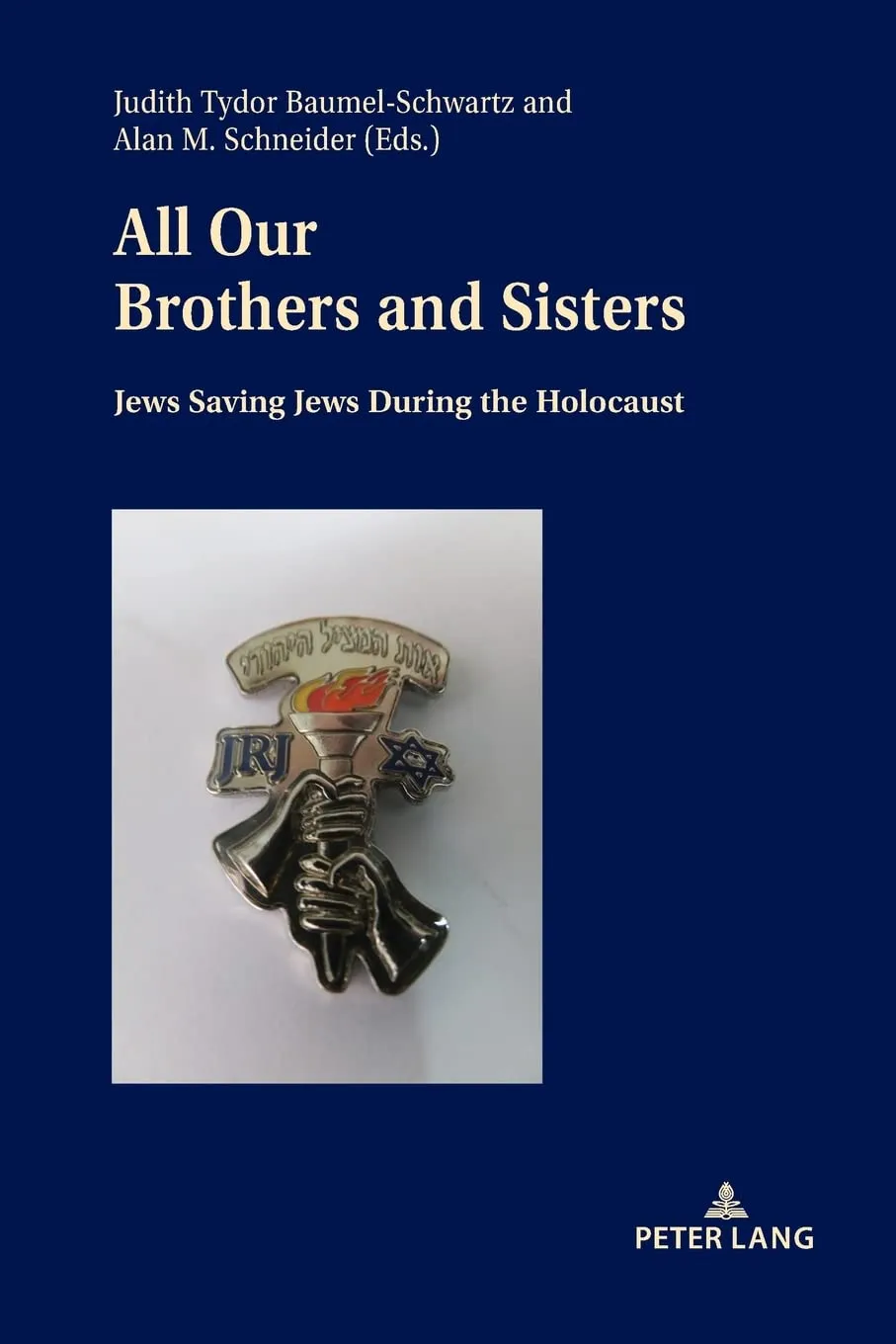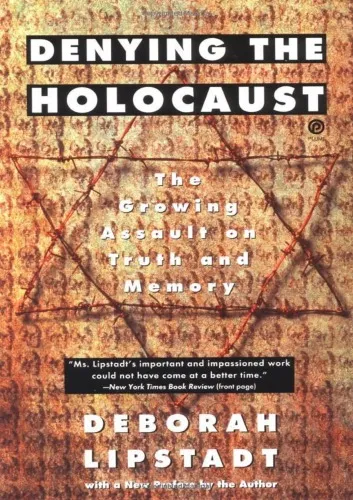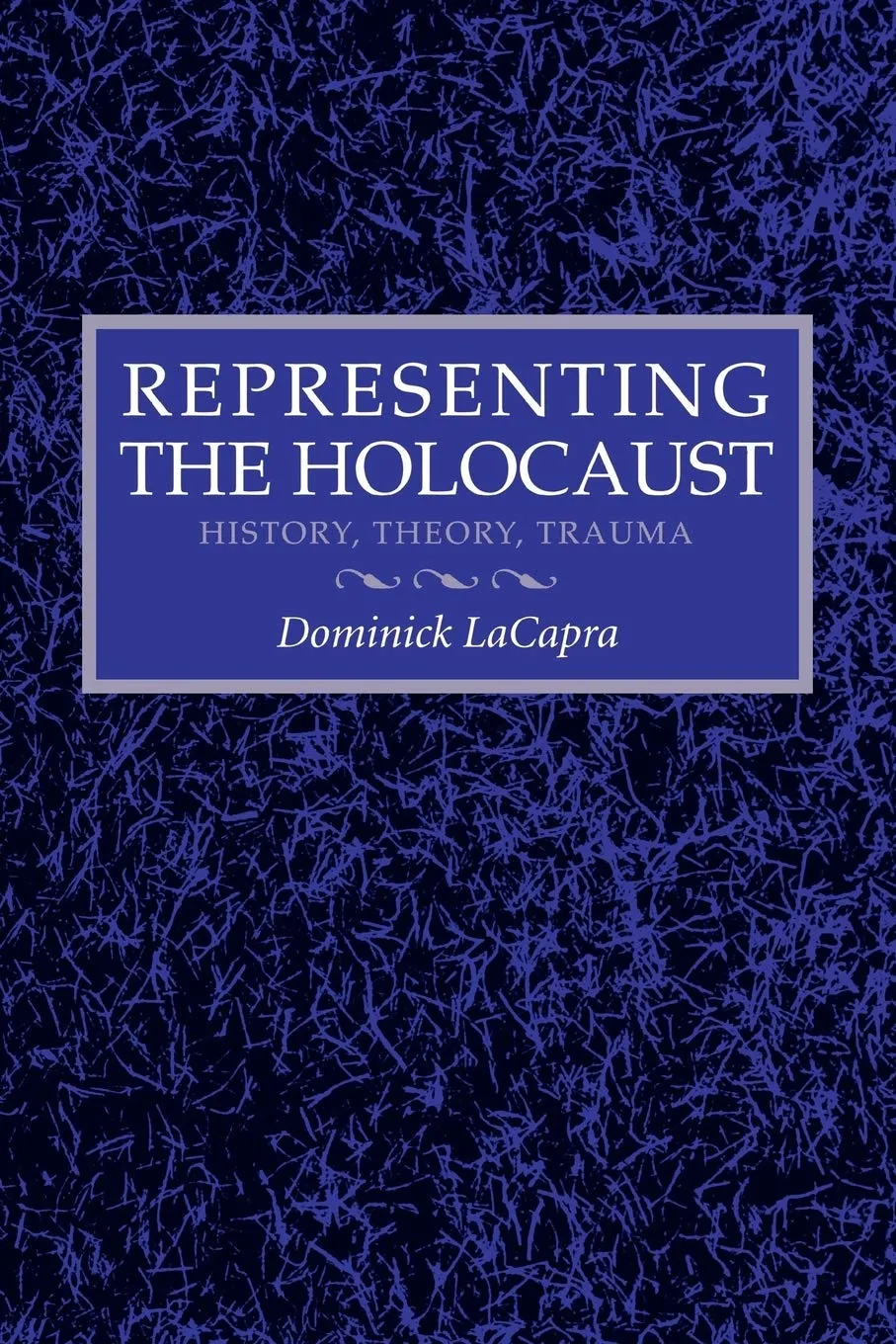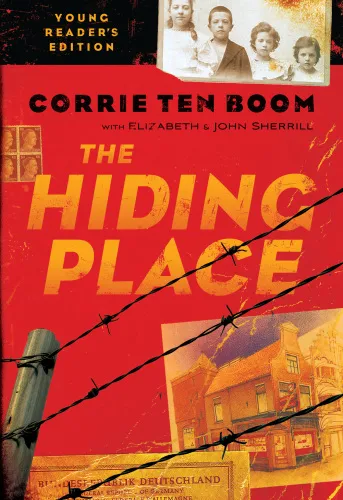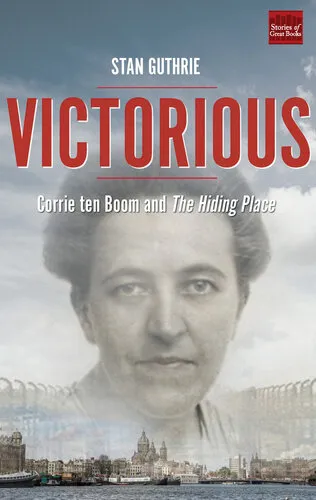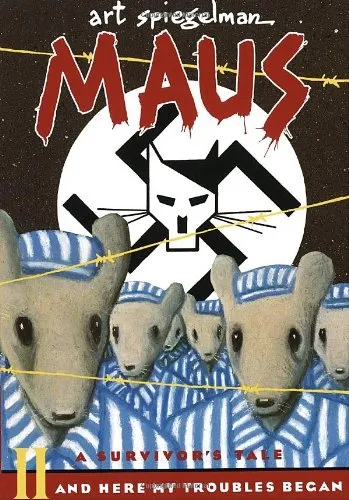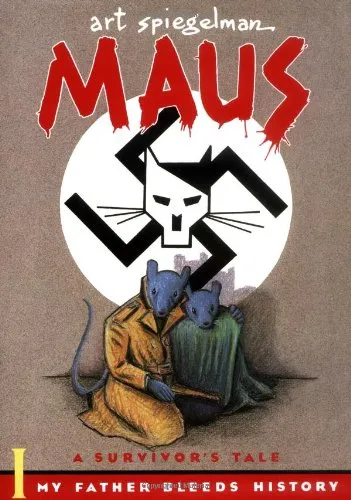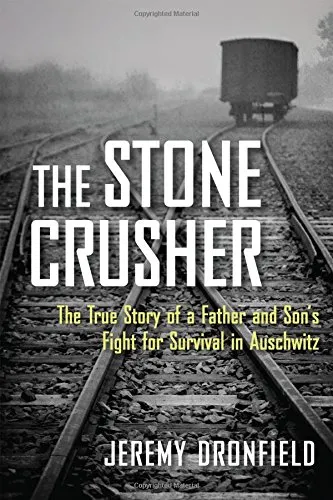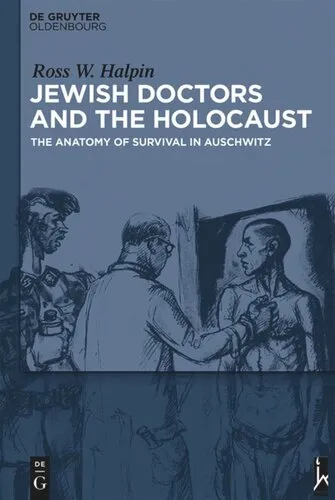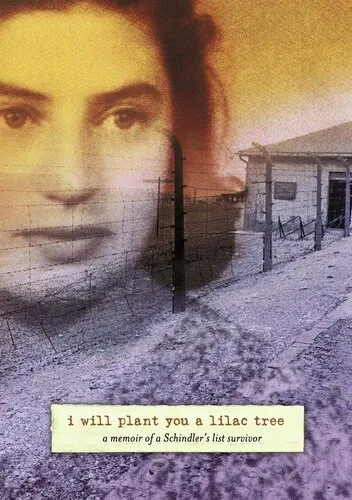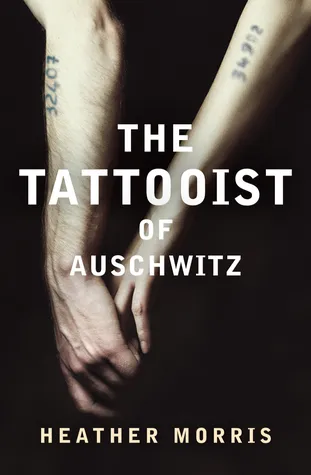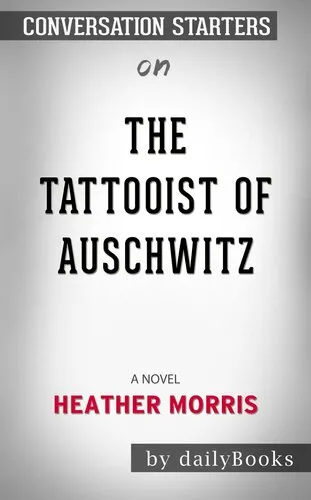A Jewish Kapo in Auschwitz: History, Memory, and the Politics of Survival
4.3
Reviews from our users

You Can Ask your questions from this book's AI after Login
Each download or ask from book AI costs 2 points. To earn more free points, please visit the Points Guide Page and complete some valuable actions.Related Refrences:
Welcome to an exploration of survival, memory, and the politics of recollection in the harrowing world of the Holocaust through the lens of Tuvia Friling and Haim Watzman's poignant narrative, "A Jewish Kapo in Auschwitz: History, Memory, and the Politics of Survival." This book delves into the complex reality faced by Jewish Kapos in concentration camps, seeking to understand their motivations, their actions, and how their roles are perceived in historical discourse.
Detailed Summary of the Book
In "A Jewish Kapo in Auschwitz," Friling and Watzman tackle one of the Holocaust's most controversial figures: the Jewish Kapo. Jewish Kapos were inmates appointed by the Nazis to oversee fellow prisoners, a role fraught with moral ambiguity, survival instincts, and accusations of collaboration. The book presents an in-depth historical analysis combined with personal interviews, official documents, and various historical sources to paint a detailed picture of these individuals' lives.
The authors explore the chilling dynamics of life within Auschwitz, illustrating how survival often forced individuals into morally compromising positions. With a focus on nuanced storytelling and complexity, they question whether the categorization of these figures as either victims or perpetrators is too simplistic. Through historical and psychological perspectives, Friling and Watzman invite readers to ponder the broader implications of guilt, survival, and memory in extreme circumstances.
Key Takeaways
- Understanding the complex spectrum of morality in situations of extreme duress, particularly in concentration camps.
- The role of memory and narrative in shaping the historical perception of figures involved in the Holocaust.
- The intricate balance between survival and complicity, and the judgments imposed by historical hindsight.
- A broadened perspective on how historical documentation can challenge and sometimes change long-held beliefs about contentious subjects.
Famous Quotes from the Book
"In times when humanity is stripped to its bare essence, the choices made are not merely a reflection of the individual but a mark of the age and society they are contained within."
"Memory is a powerful tool; it molds history and can both heal and harm, depending on whose lens it passes through."
Why This Book Matters
"A Jewish Kapo in Auschwitz" is crucial for understanding the multidimensional aspects of history that involve human behavior under duress. The Holocaust remains a deeply sensitive and significant subject area that requires nuanced discussion and dissection of not only events but also the human experiences within those events. By addressing the often demonized role of Jewish Kapos, Friling and Watzman provide an essential contribution to Holocaust studies, urging readers to challenge easy categorizations and to empathize with the morally complex situations faced by individuals during one of history’s darkest times.
This book encourages an engaged and thoughtful dialogue about moral ambiguity, complicity, and memory. It challenges readers to consider the reliability and implications of historical narratives shaped over time. As such, it is an essential read for historians, scholars, and anyone interested in understanding the depths of human behavior and memory in extreme conditions.
Free Direct Download
You Can Download this book after Login
Accessing books through legal platforms and public libraries not only supports the rights of authors and publishers but also contributes to the sustainability of reading culture. Before downloading, please take a moment to consider these options.
Find this book on other platforms:
WorldCat helps you find books in libraries worldwide.
See ratings, reviews, and discussions on Goodreads.
Find and buy rare or used books on AbeBooks.
1490
بازدید4.3
امتیاز0
نظر98%
رضایتReviews:
4.3
Based on 0 users review
Questions & Answers
Ask questions about this book or help others by answering
No questions yet. Be the first to ask!
